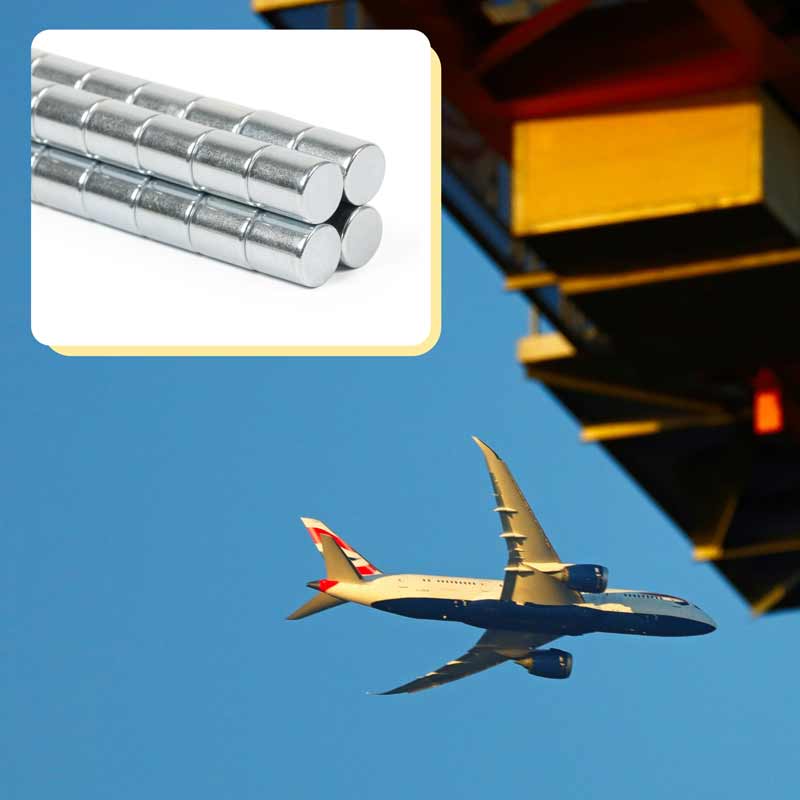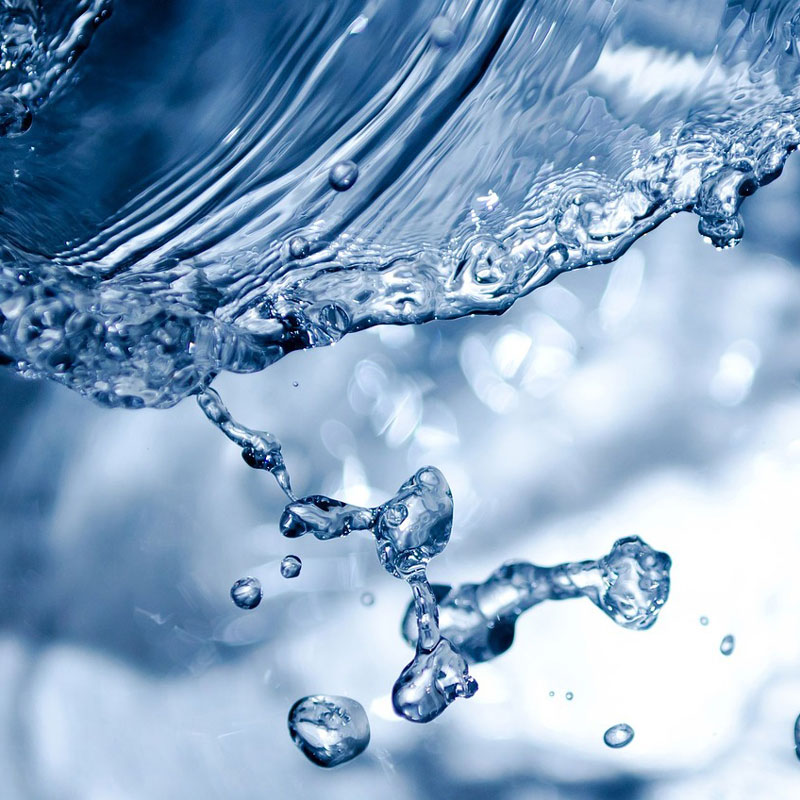Recent Post

Magnets in Restaurant Kitchens

Global supply challenges and HYAB’s role

Electromagnets – a more controllable magnet

Magnetic filtration in the process industry

Sheet metal handling – Easier with magnets
The use of magnets in water treatment and purification
Published: 2023-02-27 11:18:02 • Daniel Gårdefelt
A developing trend in environmental engineering is the use of magnets in the treatment and purification of water. Numerous contaminants, including heavy metals, organic pollutants, and even bacteria, can be removed from water using magnets. We will examine the science behind magnetic water treatment, its benefits and drawbacks, and its various applications in this article.
What is Magnetic Water Treatment
The process of magnetic water treatment involves using magnets to change the chemical and physical characteristics of water. The method is based on the idea that because water is a polar molecule, magnetic fields can have an impact on it. Water's physical characteristics can be changed by magnetic fields, making the removal of impurities simpler.
How Does Magnetic Water Treatment Work
Although the precise workings of magnetic water treatment are not fully understood, it is thought to function by changing the patterns of hydrogen bonds in water. Weak hydrogen bonds that hold water molecules together can be broken or rearranged in the presence of a magnetic field. As a result, the water's surface tension, viscosity, and other characteristics may change, making the removal of contaminants simpler.
Advantages of Magnetic Water Treatment
Using magnetic water treatment to purify water has a number of benefits:
It is a chemical-free process: Magnetic water treatment is a more environmentally friendly option than other water treatment techniques because it doesn't involve the use of chemicals.
It is a low-maintenance process: Systems for treating water with magnets require little upkeep and are simple to incorporate into already-existing systems.
It is a cost-effective process: In comparison to other water treatment techniques, magnetic water treatment systems are relatively inexpensive, making them a desirable option for municipalities and businesses.
It can improve water quality: Improved water quality can result from the removal of a variety of contaminants from water, including heavy metals, organic pollutants, and bacteria.
Disadvantages of Magnetic Water Treatment
While there are several advantages to using magnetic water treatment, there are also some potential disadvantages:
It is not a proven method: As a relatively new technology, magnetic water treatment has little scientific evidence to back up its efficacy.
It may not work for all types of contaminants: While viruses and parasites might not be removed by magnetic water treatment, heavy metals and organic pollutants are the contaminants that it works best to get rid of.
It may not be suitable for all water sources: Although surface water sources may not benefit as much from magnetic water treatment, groundwater does.
Applications of Magnetic Water Treatment
There are numerous uses for magnetic water treatment, including:
Industrial water treatment: Heavy metals and organic pollutants from industrial wastewater can be removed using magnetic water treatment.
Agricultural water treatment: Irrigation water can be treated with magnetic water treatment to lower the risk of pesticide and fertilizer contamination.
Residential water treatment: The quality of drinking water in homes can be increased by using magnetic water treatment.
Swimming pool water treatment: Swimming pool water can be treated with magnetic water treatment, which eliminates the need for chlorine and other chemicals.
Conclusion
A promising technology called magnetic water treatment holds the promise of raising water quality while lowering the environmental toll of water treatment. Despite some potential drawbacks, magnetic water treatment is a viable option for many applications requiring water treatment due to its many benefits. In the upcoming years, it is likely that use of magnetic water treatment will increase as research into its efficacy continues.


